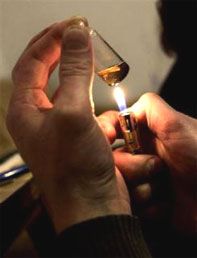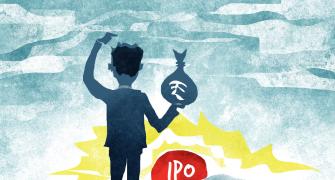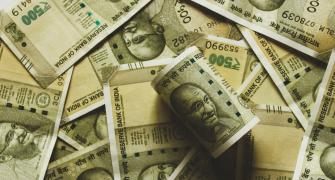The source of the synthetic drugs was Asia, especially India and China.
US authorities carried out their biggest sweep against designer synthetic drugs on Wednesday, cracking down on potentially dangerous herbal blends marketed to young people, the Drug Enforcement Administration said. Law enforcement officers carried out more than 150 arrest warrants and nearly 375 search warrants in 35 US states and five countries, the DEA said. More than 770 pounds (350 kg) of synthetic drugs have been seized in the last three days, it said.
Law enforcement officers carried out more than 150 arrest warrants and nearly 375 search warrants in 35 US states and five countries, the DEA said. More than 770 pounds (350 kg) of synthetic drugs have been seized in the last three days, it said.
DEA officials told a news conference that colorfully packaged drugs with such names as "Rush," "Spice" and "Mister Happy" were being targeted at teenagers and young adults through stores and street sales.
"It's specifically marketed for the most vulnerable part of our society," said James Capra, the DEA's chief of operations.
Millions of dollars from the sale of the drugs has been traced back to countries in the Middle East and elsewhere, he said.
He declined to link the synthetic drugs to anti-American extremists in the Middle East but said they had relied on sales of illicit drugs as a source of funds in the past.
Designer synthetic drugs are often marketed as herbal incense, bath salts, jewelry cleaner or plant food. They are made up of plant material that has been infused with psychoactive compounds that mimic THC, the active ingredient of marijuana, the DEA said.
Abuse of the drugs can lead to seizures, vomiting, loss of consciousness and overdose deaths, the DEA said in a statement. The number of emergency room visits associated with the drugs reached 28,531 in 2011, more than twice the number the year before, it said.
Derek Maltz, special agent in charge of the DEA's special operations division, said the source of the synthetic drugs was Asia, especially India and China.
Law enforcement officers also took part in operations in Canada, Panama, Barbados and Australia, the DEA statement said.
Since the agency's campaign against designer synthetic drugs began in December 2012, more than 75 arrests have been made and nearly $15 million in cash and assets seized, it said.








